Surviving Disasters: Young leaders step up in Murwillumbah
During the recent school holidays, inspiring young people from Murwillumbah joined us for a four-day Surviving Disasters program at the Murwillumbah Community Centre.
Aged between 12 and 15, this group showed curiosity, leadership, teamwork and great humour as they explored what it means to build resilience in uncertain times. Across the week, they tackled hands-on activities, asked thoughtful questions, and formed strong new friendships along the way.
Day 1 & 2: Disaster preparedness and community resilience
With Jen and Marlena, the group explored key concepts like go-bags, leave plans, and home safety. They looked at how misinformation spreads, the importance of staying connected during a disaster, and practiced using UHF radios through roleplay and scenarios. We also introduced the basics of psychological first aid: learning how to support others and ourselves during tough times.
Day 3: Bush survival
Heading out to the beautiful ReWild property with bushcraft guide Scott, participants learned how to start fires with flint and steel (and even through friction), how to build shelters using only found materials, and how to filter creek water to survive off-grid.
Day 4: First aid
Former paramedic Steph guided the group through how to respond to bleeding, broken bones, and snake bites. With just the right mix of gore and laughter, the session helped build confidence in managing real emergencies.
We’d like to thank the young people who joined us for their openness, enthusiasm and support for one another. You made the week a success! A big thank you as well to Jess and Eva from Murwillumbah Community Centre for hosting, and to Multicultural NSW for supporting this important youth-focused resilience work.
Would you like to bring this innovative program to the youth in your area? Contact jen@planc.org.au to discuss how.










